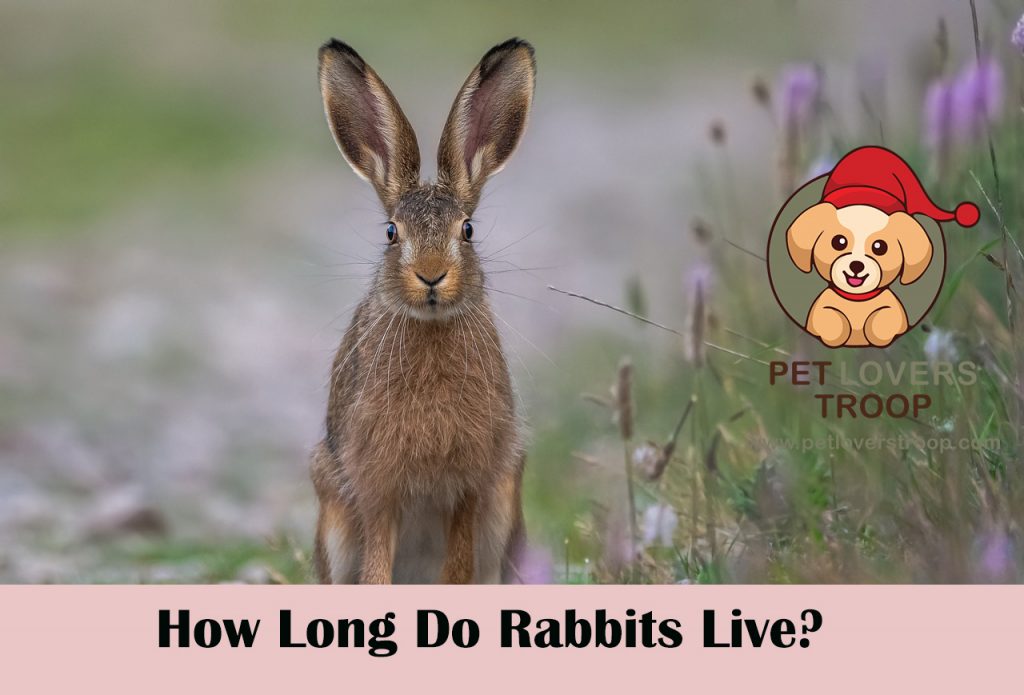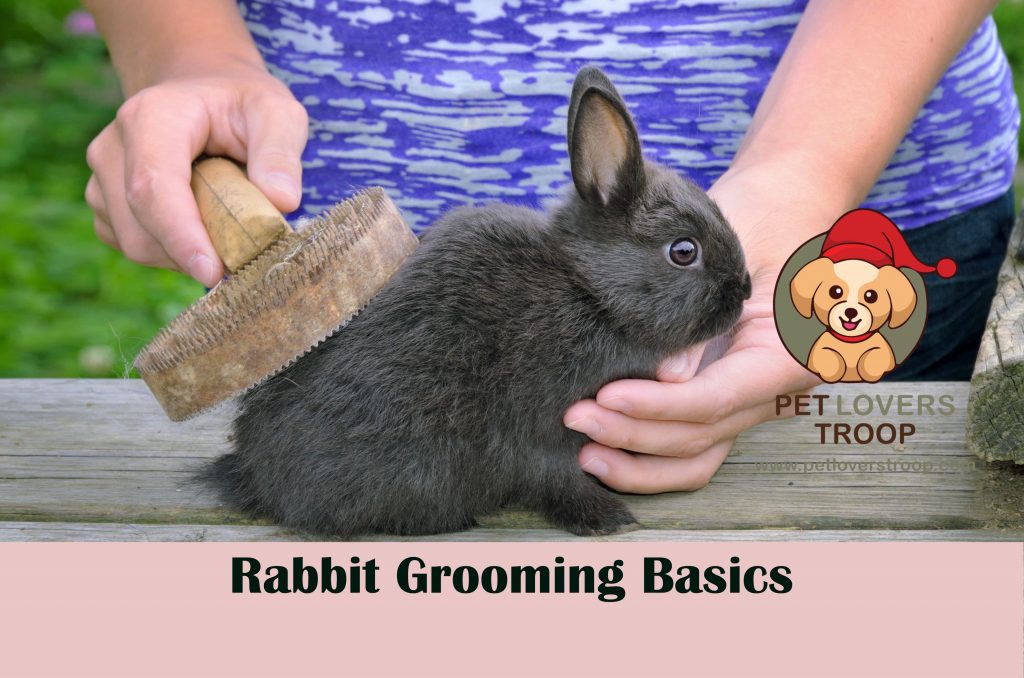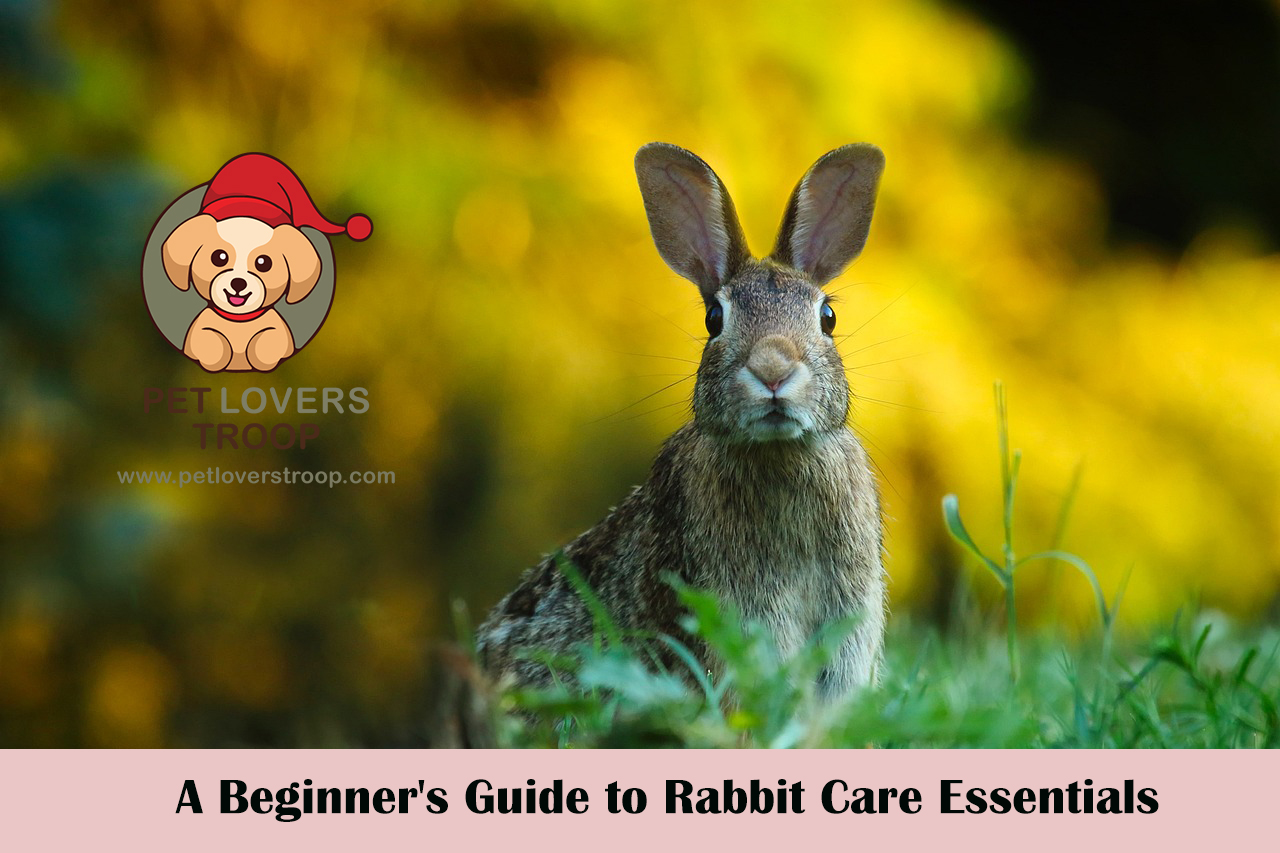Rabbits are among the list of most lovable pets in the UK, with a personality and energy that is fun to watch. However, rabbits are neglected a lot, too, since many pet owners think that they do not require much care. Another reason for the neglect is that most owners buy them because of insistence from children, who then ignore their pets once they get bored. Abandoning rabbits can affect their health since rabbit bonding is strong, and they may get depressed due to environmental changes.
Here we will discuss the basics of rabbit care essentials and how to look after them.
Rabbit Care Essentials
Bunnies are amazing animals to keep as pets as long as you know their instincts and habits. They are prey animals, so they have certain instincts that will make them run and hide if they sense danger. Similar behavior is also seen when there is a change in environment since it stresses them out.
Read more: Winter care guide: How to look after a sick kitten in winter- June 2023
Rabbits are social animals and like to have a companion that lasts their entire life. They bond strongly with other rabbits or even their owners and their families. A single rabbit can live happily, but it can thrive when they live with another rabbit. Making a bond between two rabbits may be difficult, but it is worth the effort that you put in.
Bunnies as Pets
Some pets stay awake during the day and sleep at night, called diurnal, whereas others are the opposite. Nocturnal animals stay awake during the night and sleep during the day, but rabbits are neither of these. They are crepuscular, so they stay highly active during dawn and dusk. Moreover, they may take naps during the entire day and night.
Bunnies are very intelligent and quickly settle into their new homes. You can easily find rabbits to adopt at an animal shelter because their owners abandon them. If you are lucky, you can even find a rabbit care pair for adoption, which is great because you don’t have to find a companion.
Handling Rabbit
Your bunny’s backbone is very weak and sensitive and can easily fracture. Never hit the hind end of your Rabbit, and never pick them up by their ears, as it is very painful. When handling rabbits, grab the loose skin over the shoulders. Practice rabbit care by picking them up near the floor so that the rabbit does not get hurt if they jump off.
Rabbit Behavior
Rabbits have unique behavior, and they usually use their ears, tail, and nose to inform humans of what they mean. But it is important to know and pay attention to these signs to recognize them. Some of these basic behaviors that you may notice include:
- A jump and twist in the air means that your Rabbit is very happy. Sometimes this may accompany zooming around the room.
- When your rabbit is curious, they approach the object on tiptoes with their ears forward and tail down.
- When a rabbit rubs their chin against an object, it claims it as its own.
- If you think your Rabbit is dead, do not panic; this may be flopping. Flopping means when your Rabbit throws itself to the side and nods off.
- Rabbits loaf when they feel comfortable while sleeping. In this behavior, they roll themselves into a ball of fluff. This habit is very common in cold months because loafing helps the rabbits to keep themselves warm.
- Rabbits purr like cats, too, meaning they are happy and content.
- Aggressive rabbits will growl and pull their ears back to warn you.
- When your rabbit thumps their hind foot, they sense danger. Sometimes, it may also be because they are upset about something you did.
What does Rabbit Eat?
To keep your pet rabbit healthy, you must give them a nutritious meal. Mostly, the rabbit diet consists of fresh vegetables, pellets, and hay. Hay is an important component of rabbit care, so they must always have constant access to hay. You can select Timothy, orchard grass, or even bluegrass.
Read More: Dog Training: Ten Essential Commands Every Dog Should Know- June 2023
Fresh vegetables such as lettuce, kale, bok choy, and cilantro are important for your rabbit diet at least once daily. Healthy pellets are the third component of your Rabbit’s diet. An adult rabbit between 1-5 years old must have ¼ to ½ cup of pellet for every 6 pounds of body weight.
How Long Do Rabbits Live?

A rabbit has an average lifespan of 10 years. It may vary depending on the breed of the rabbit and how you keep them. But once you adopt a rabbit, you must know it is a long-term commitment.
Because of their long life, they are great pet companions. But this means you have to consider the possibility of extra rabbit care in their old age. Before you adopt a rabbit, ensure you can care for them for their entire lives. Read through every piece of knowledge you can gather to help them live a healthy life.
Rabbit Housing
Whether you plan to keep your rabbits indoors or outdoors, you must ensure their house has enough living space. According to standards, a cage should be big enough for the bunny to hop greatly from end to end. Also, the cage should be high enough so it can easily stand on its back legs, without bumping its head on the top.
Read More: Planning to buy a fish aquarium? Ten tips that can help you choose the right size and type- May 2023
If you build an enclosure, ensure it should be at least 4ft by 2ft for an average bunny weighing 5 pounds. When buying a cage for your bunny, do not buy one with a wire or wooden floor. A cage with a wire bottom can cut and injure the bunny’s feet. Additionally, a hutch made of wood can easily be chewed.
Rabbit Exercises
Rabbits are highly energetic animals and have loads of energy which is why you must dedicate a few hours every day for them to exercise. Give them an open space or at least 24 square feet to run around for a few hours.
You can also use a room if you do not have an open space. Just see that the room is rabbit-proof. The best time for rabbit care exercise is either in the morning or evening when rabbits are most active.
Rabbit Grooming

Maintaining rabbit hygiene is also important to keep them in a healthy condition. They shed a lot, so you must brush them at least twice daily, especially during their molting seasons. Brushing and grooming are also necessary to prevent their hair from getting matted. Nail clipping is also included in a rabbit hygiene routine. You can do it yourself or ask the groomer.
Rabbit Socialization
Bunnies are so popular for their socializing skills that they like having companion rabbits beside them. Experts suggest that loneliness can shorten the lifespan of rabbits, which is why you must dedicate a few hours of your day to spend with them. Sitting and petting the rabbits every day will help in rabbit bonding that will last a lifetime.
Rabbit Health Care
Rabbit care also accounts for their regular vet visits, even if they look healthy. You may need to take your rabbits for a general health check-up every one to two years. The vet may check your rabbit’s weight, length of teeth, health, and growth angle. Some vets may even check heart and breathing rates and physically examine the eyes and ears.
Read More: Epileptic Seizures in dogs: Symptoms, associated risks and how to comfort them- May 2023
In UK and Europe, rabbit vaccinations are mandatory, which helps to prevent myxomatosis and other hemorrhagic diseases. Now, rabbits can also get a single injection for all three conditions. Consider taking your rabbits for a vet visit if you want them spayed or neutered.
Malignant cancer of the uterus is very common in rabbit husbandry, which can be removed by spaying. Uterine adenocarcinoma occurs in around 80% of rabbits that are not spayed. Males must also be neutered since they begin to show aggression around 8-18 months of age. They will also spray and mark their territory, a behavior that can only be controlled if you neuter them.
Rabbit Enrichment
The basic purpose of rabbit enrichment is to improve living conditions, providing ample options for activity, housing, foraging, and socialization. Rabbits are naturally curious and can get bored if you repeat the same routine daily. It can cause stress and eventually affect their health condition.
Read More: Beginner’s Guide to Pet Rabbit Care
A few examples of environmental enrichment for rabbit care include
- Hiding places and platforms in rabbit housing
- Toys that encourage them to investigate and play.
- Providing food in a way that enables them to forage.
- Playing games and grooming to increase interactions with humans.
Bunny Proofing the House
Bunny proofing the house is essential, if you plan to keep your rabbits indoors. Rabbit care means they need an area to explore and run, but rabbits are very destructive. Bunnies gnaw on everything that is near them. Bunny proofing includes covering all wires and plastic tubes and lifting all other things at least 3 to 4 feet out of your Rabbit’s reach.
Cover the baseboards with plastic guards and keep them away from furniture since they chew on any wood they find.




